Perfect sign and symbol of MAGA disregard for democracy and the rule of law

The Straits Times, October 25, 2025
Summary
-
- Donald Trump initiated the demolition of the White House East Wing to construct a US$300 million ballroom, funded by private donors, bypassing traditional congressional oversight.
- Historians and preservationists criticised the move, viewing it as emblematic of Mr Trump’s disregard for national norms and prioritisation of personal legacy-building, like a “Trump Tower”.
- Mr Trump’s team defends the project as a visionary addition, while critics highlight his exploitation of loopholes to exercise expansive executive power with minimal public consultation.
WASHINGTON – When President Donald Trump met with donors for his new ballroom at the White House earlier this month, he relayed a story that thrilled his real estate mogul heart.
“I said, ‘How long will it take me?’ ‘Sir, you can start tonight, you have no approvals,’” Mr Trump said on Oct 15, describing a conversation he’d had about the project.
“I said, ‘You gotta be kidding.’ They said, ‘Sir, this is the White House, you’re the president of the United States, you can do anything you want.’”
Days later, demolition crews bulldozed the East Wing of the White House, reducing decades of history at one of the country’s most famous landmarks to a pile of rubble and drawing outrage from historians, preservationists, Democrats and the public.
Mr Trump had gotten what he wanted: a clean slate for his new US$300 million (S$390 million) ballroom. It was an action that seemed to symbolise, in physical form, a presidency that has taken a wrecking ball to national norms, international institutions and the world order itself.
Historians, largely aghast at the move, saw the thinking of a developer at work rather than the keeper of a sacred trust.

“I think this is the developer’s mentality again of building something big that has your name on it and that everyone remembers you for. A Trump Tower,” said Professor Jeremi Suri, a University of Texas historian. “He’s building a tower for himself. This is a ballroom tower.”
Indeed, Mr Trump himself, at the dinner with executives from Apple, Amazon, Lockheed Martin and Meta Platforms, all of whom the White House says have pledged to help fund the ballroom, marvelled at the opportunity the project presented.
“It’s exciting as a person in real estate, ‘cause you’ll never get a location like this again,” he said.
As a businessman, Mr Trump put his name on buildings, steaks and ties. Mr Trump’s press secretary, Ms Karoline Leavitt, said on Oct 23 the ballroom would be named, too, but declined to say what it would be.
Mr Trump told reporters late on Oct 24 that he did not plan to name it after himself. But the 90,000 sq ft structure will be forever associated with him.
“Everybody’s going to look at it, and they’re going to see now an edifice that overshadows the executive mansion, and that edifice has one man’s name on it,” said Dr Edward Lengel, a former chief historian at the White House Historical Association.
“I believe that’s intentional.”

Well before the ballroom project became a reality, Mr Trump had made his mark on the White House with gold decorations in the Oval Office, a paved-over Rose Garden reminiscent of his Florida Mar-a-Lago club, portraits of himself throughout the property and giant American flags on new flagpoles on the north and south lawns.
The Republican president has also sought to remake Washington, DC, taking over control of the Kennedy Centre and planning an Arc de Triomphe-style monument to celebrate the 250th anniversary of the United States in 2026.
Mr Taylor Budowich, a former senior adviser to the president, said Mr Trump was the nation’s “greatest builder” with a vision for the White House and beyond.
“The president is a visionary, whether it be in politics, business or life. He is able to see things not just for what they are, but for what they could be,” he said.
“This is just another wonderful example of Trump being Trump.”
‘Little public disclosure, consultation’
Mr Trump’s team and allies have dismissed criticism of the ballroom project as manufactured outrage.
“All of his properties are first class. And he doesn’t spare expenses, and he has an eye for it. This will be a wonderful addition,” said Mr Armand Grossman, a Florida-based real estate investor who worked for Mr Trump for four years, about the ballroom. “It will be around for a long time for many generations to enjoy.”

The president followed his own unique style and belief in expansive executive power in making the ballroom project happen. While previous renovations were funded and approved by Congress, this one will be paid for by private donors, reducing oversight restrictions.
And while the White House says it plans to submit designs for the ballroom to the National Capital Planning Commission, it says that body only oversees construction, not demolition.
“I think it’s very clear that the administration studied those weaknesses and, with much greater care than they’re letting on, that they then very ruthlessly exploited those weaknesses,” Dr Lengel said.



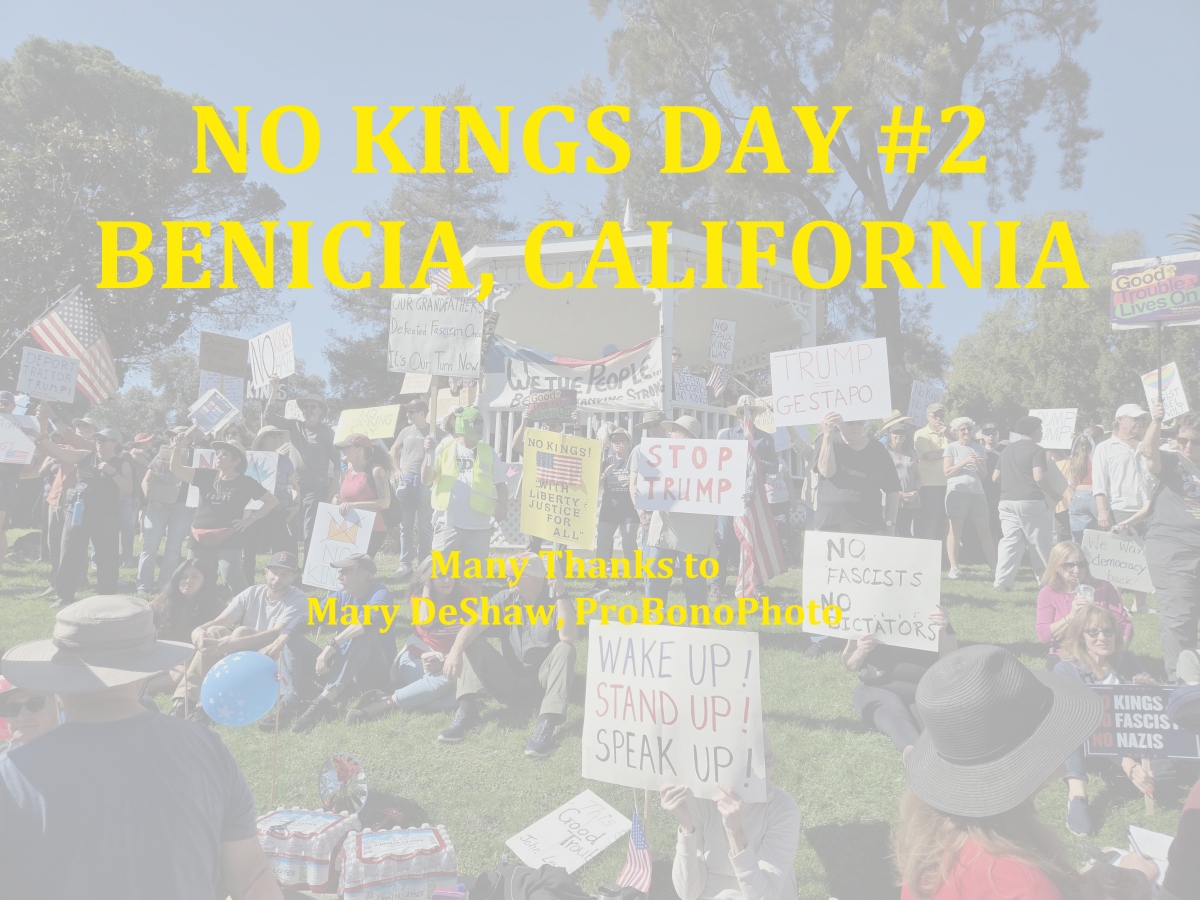
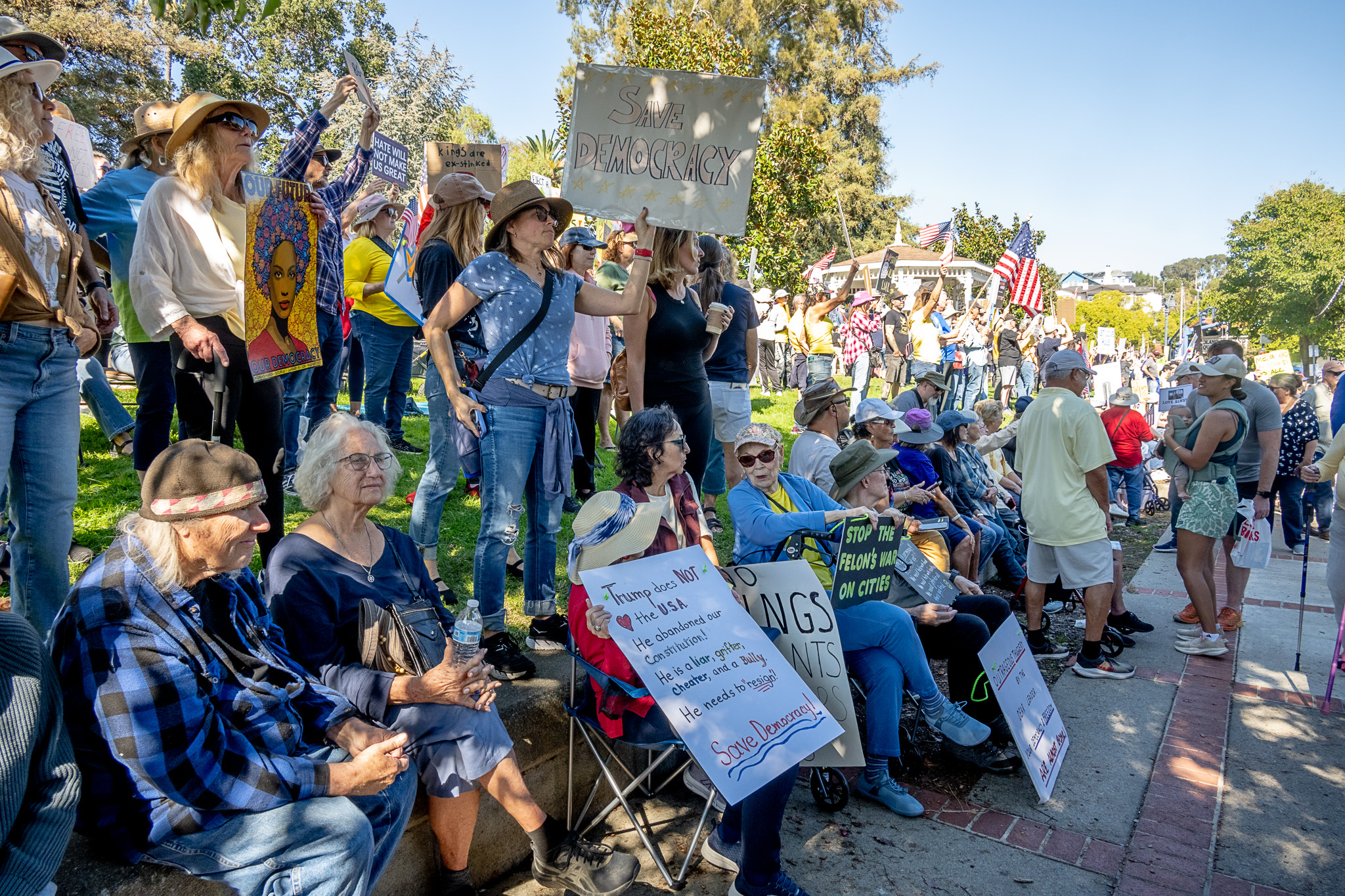
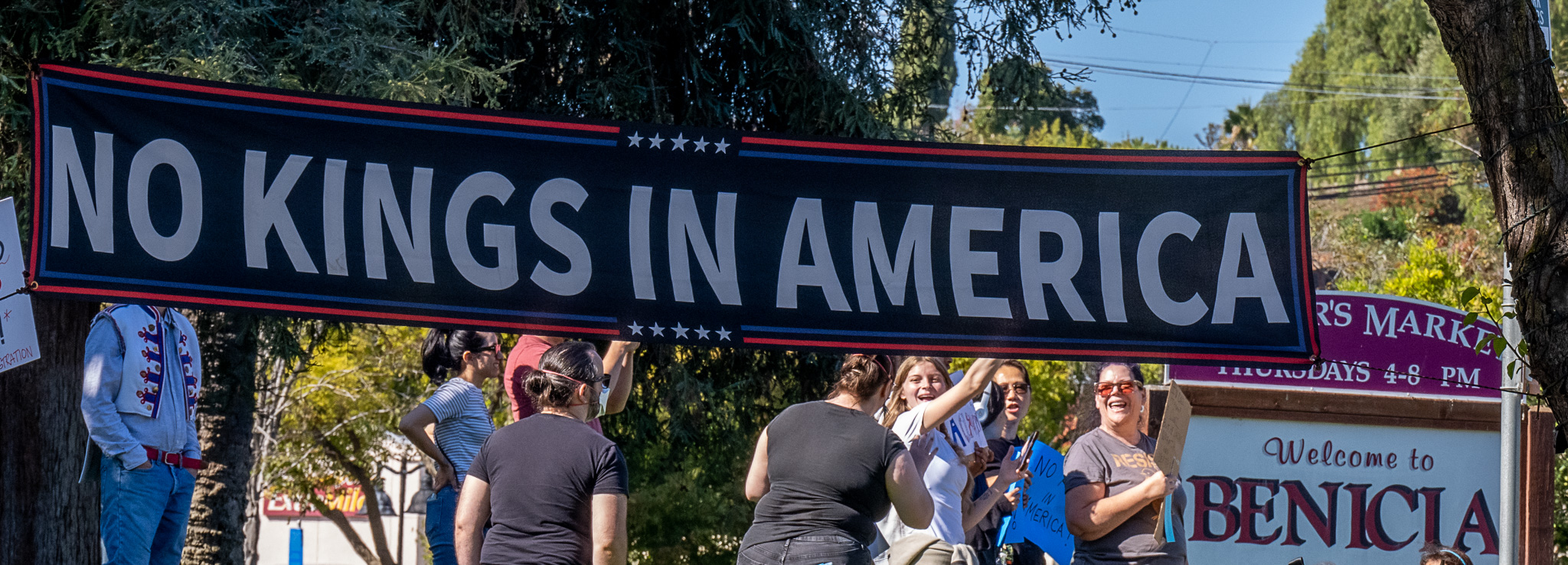
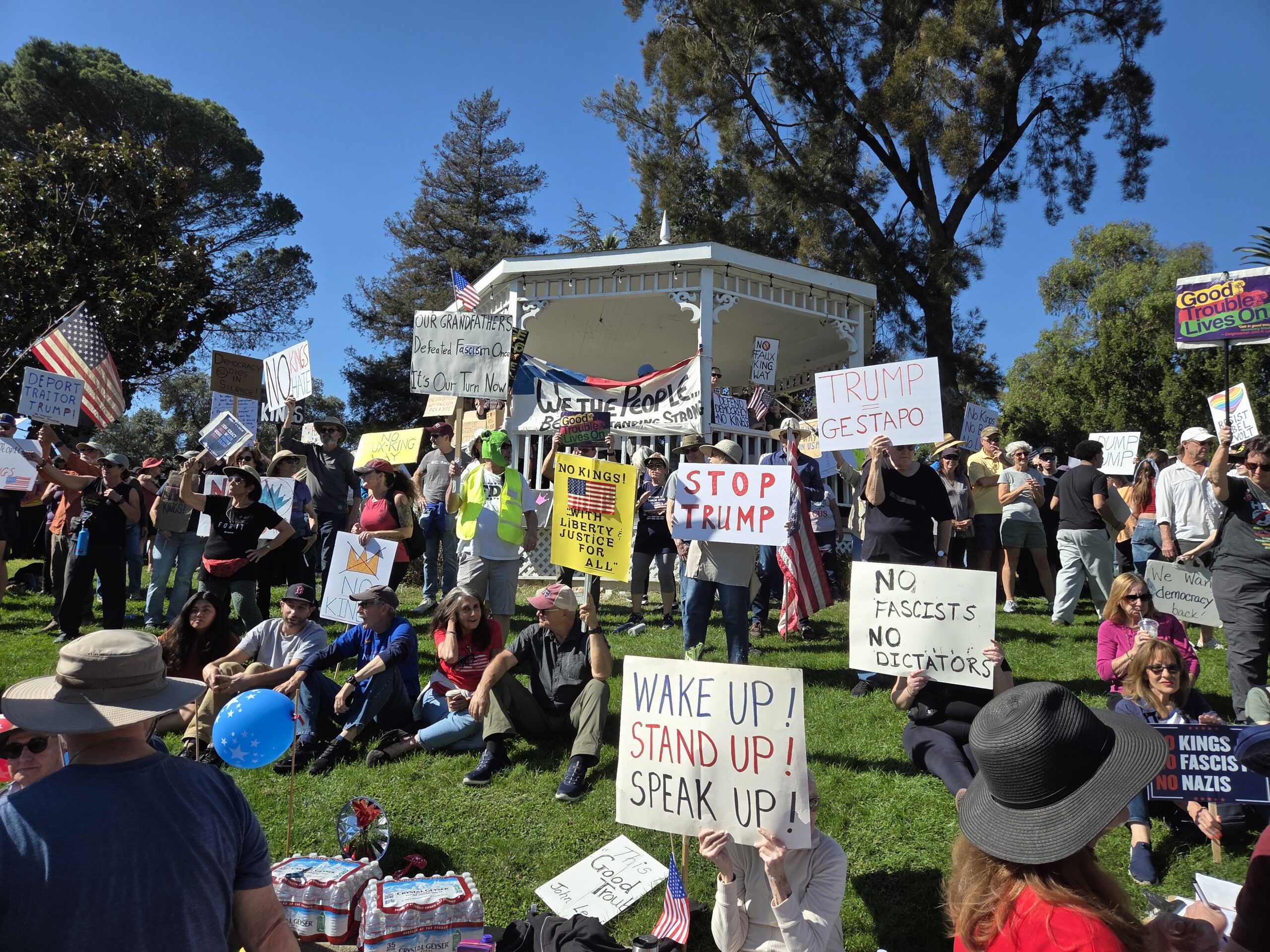
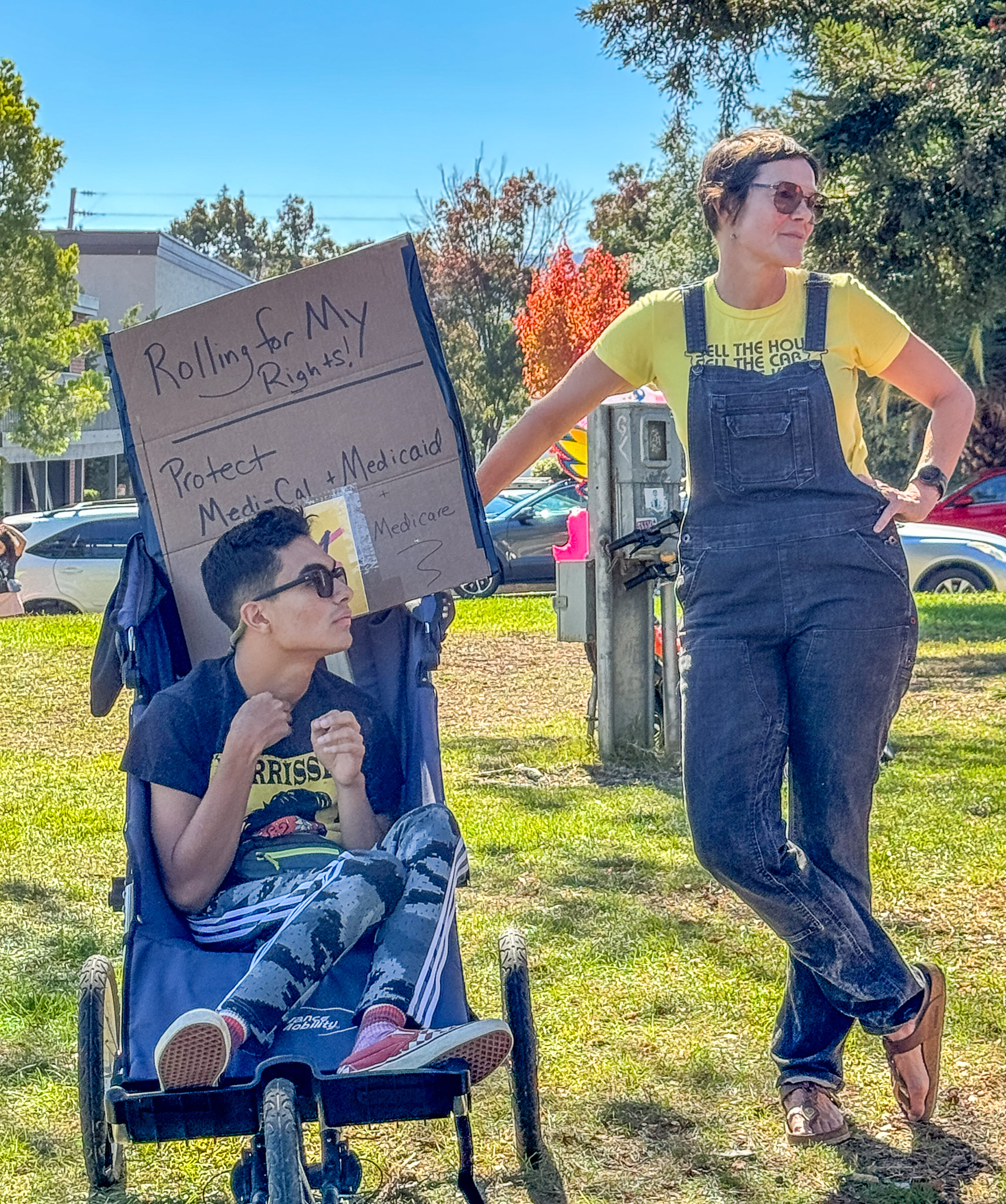
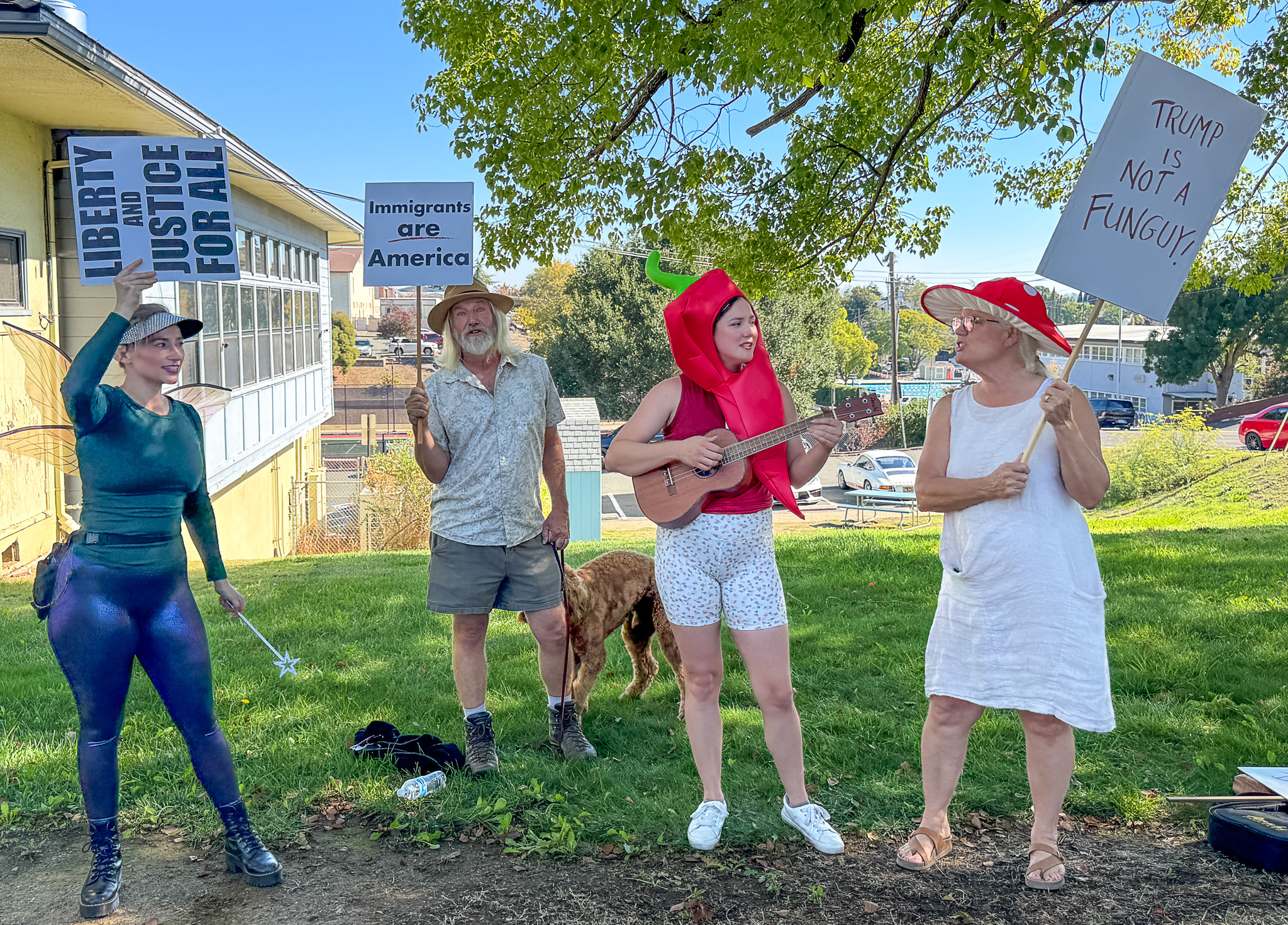
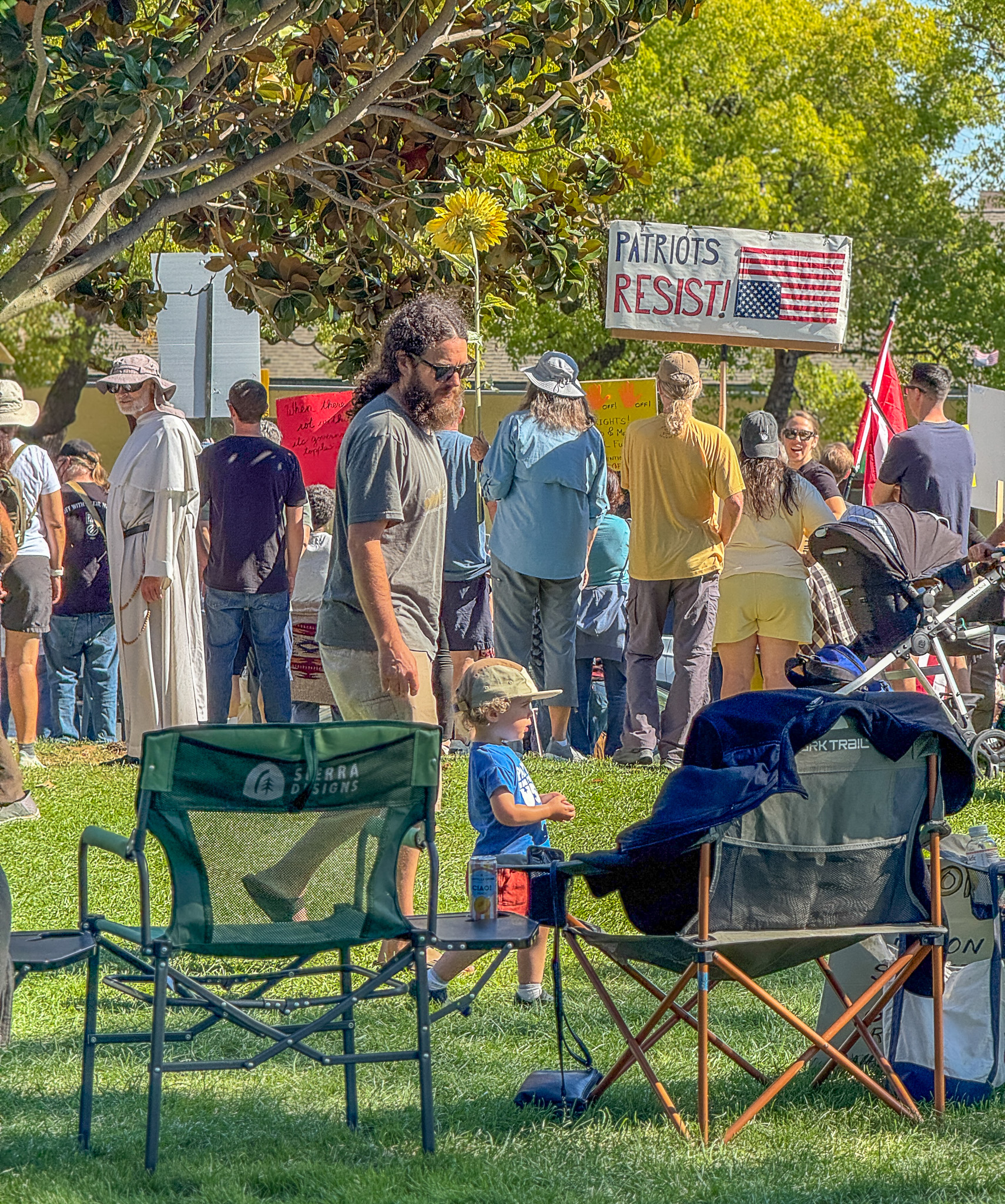
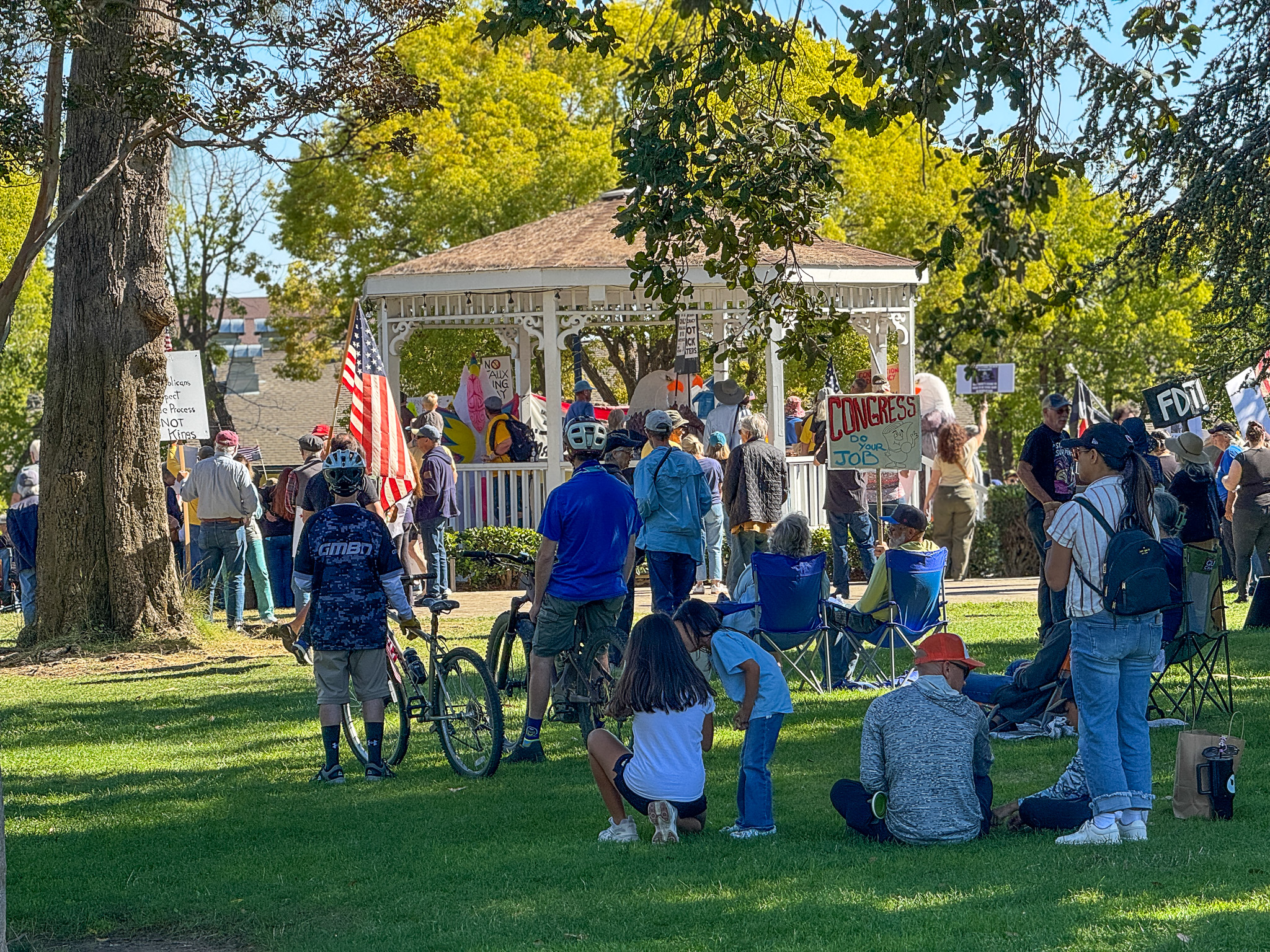
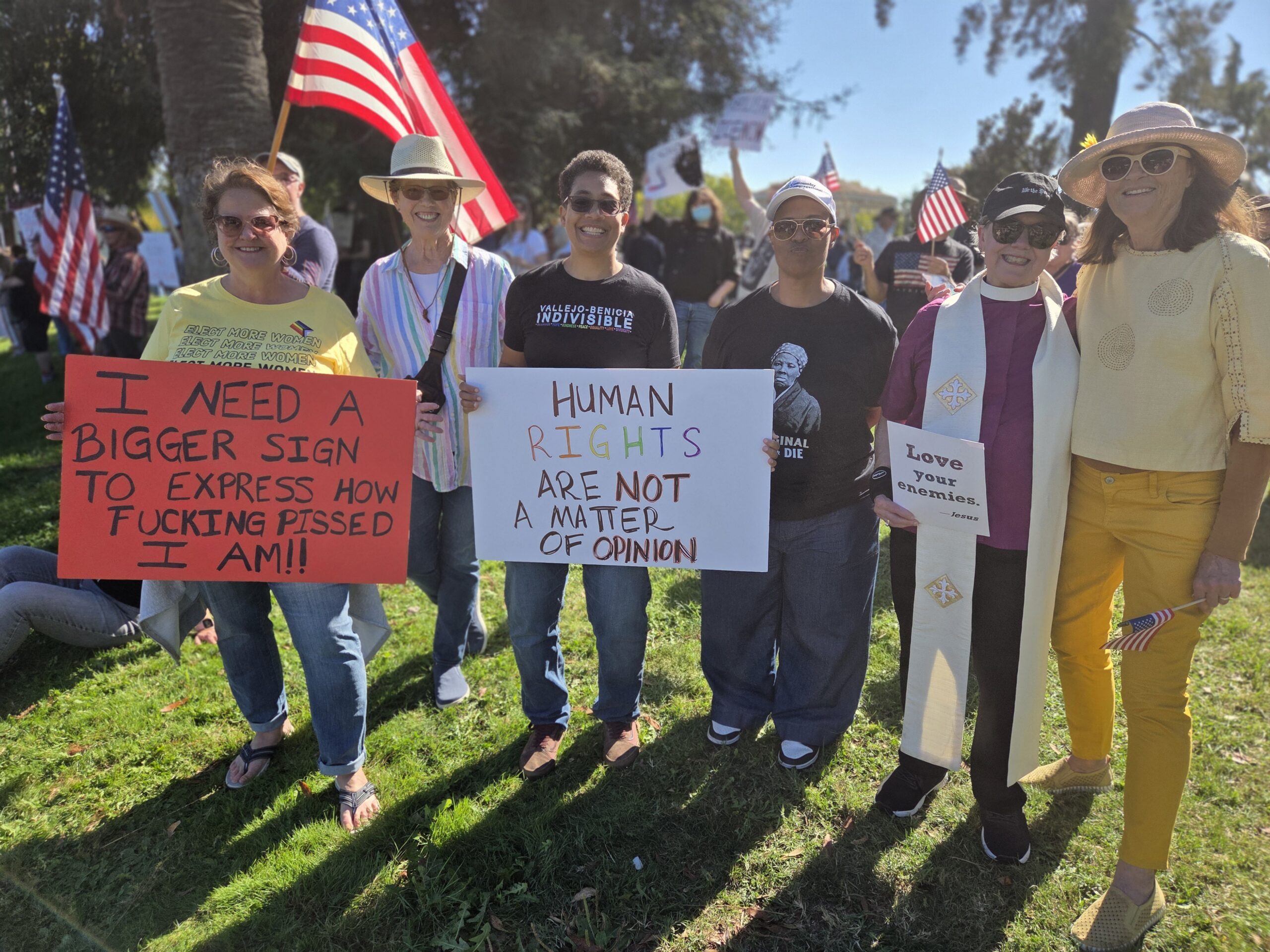
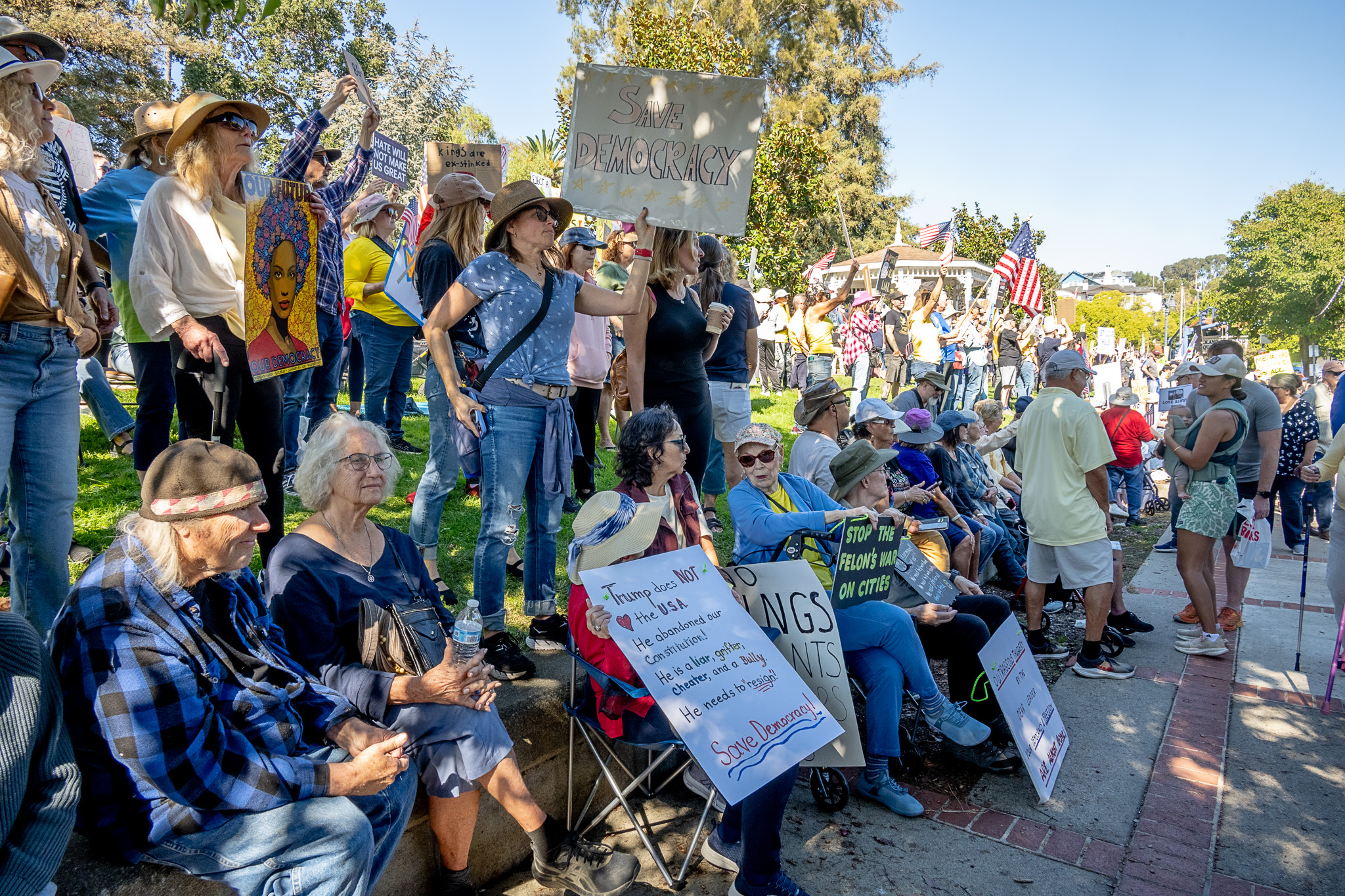
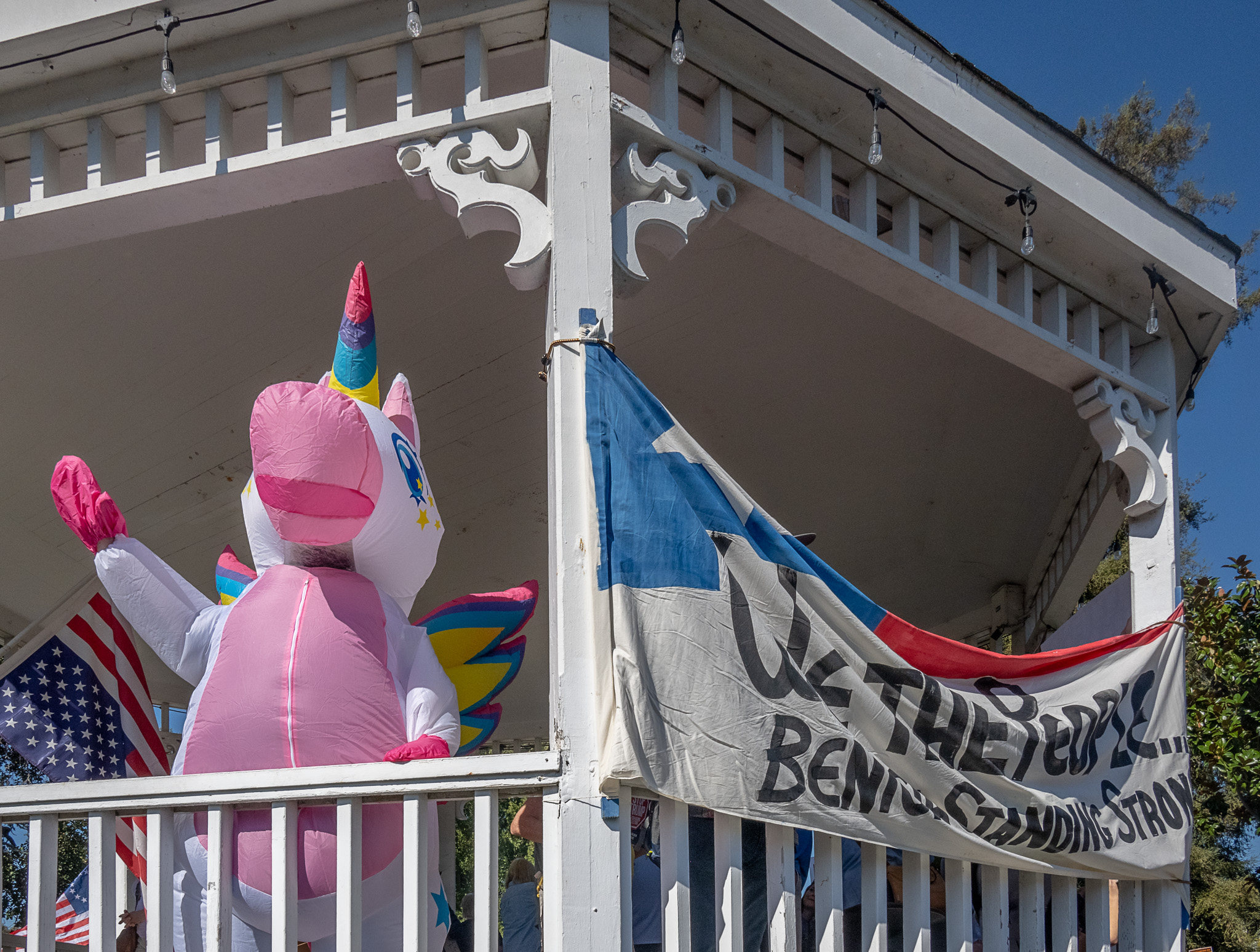
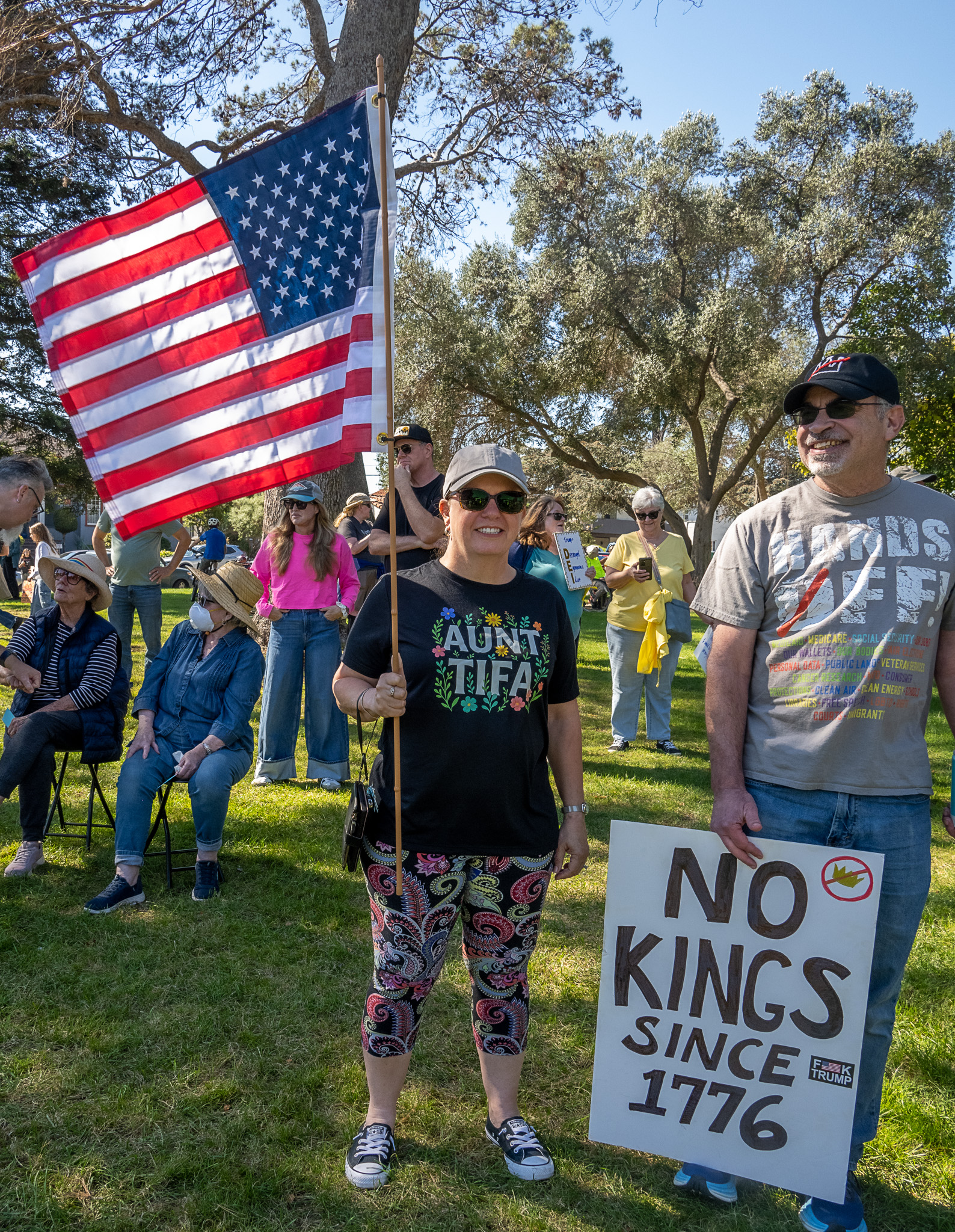
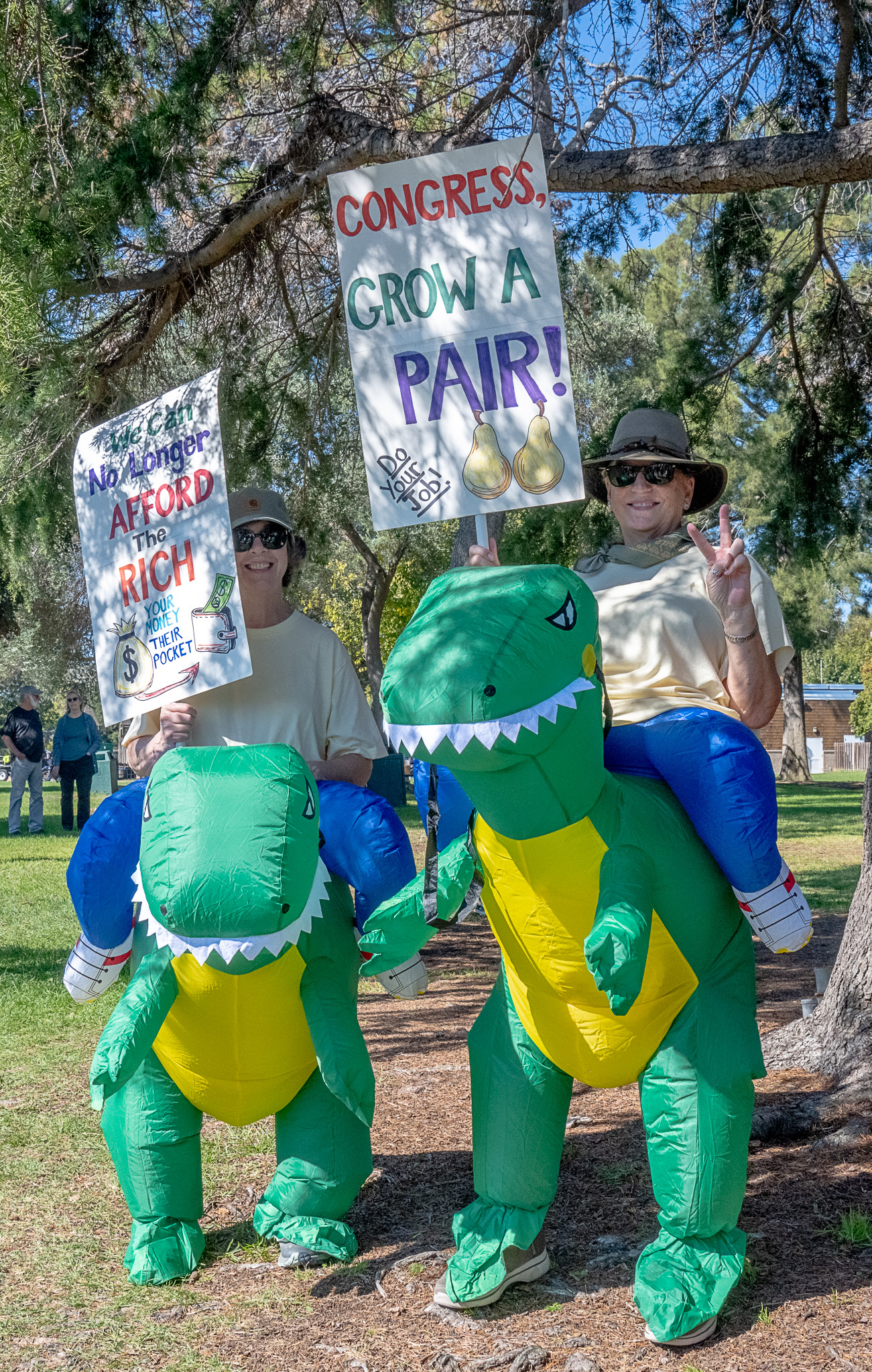
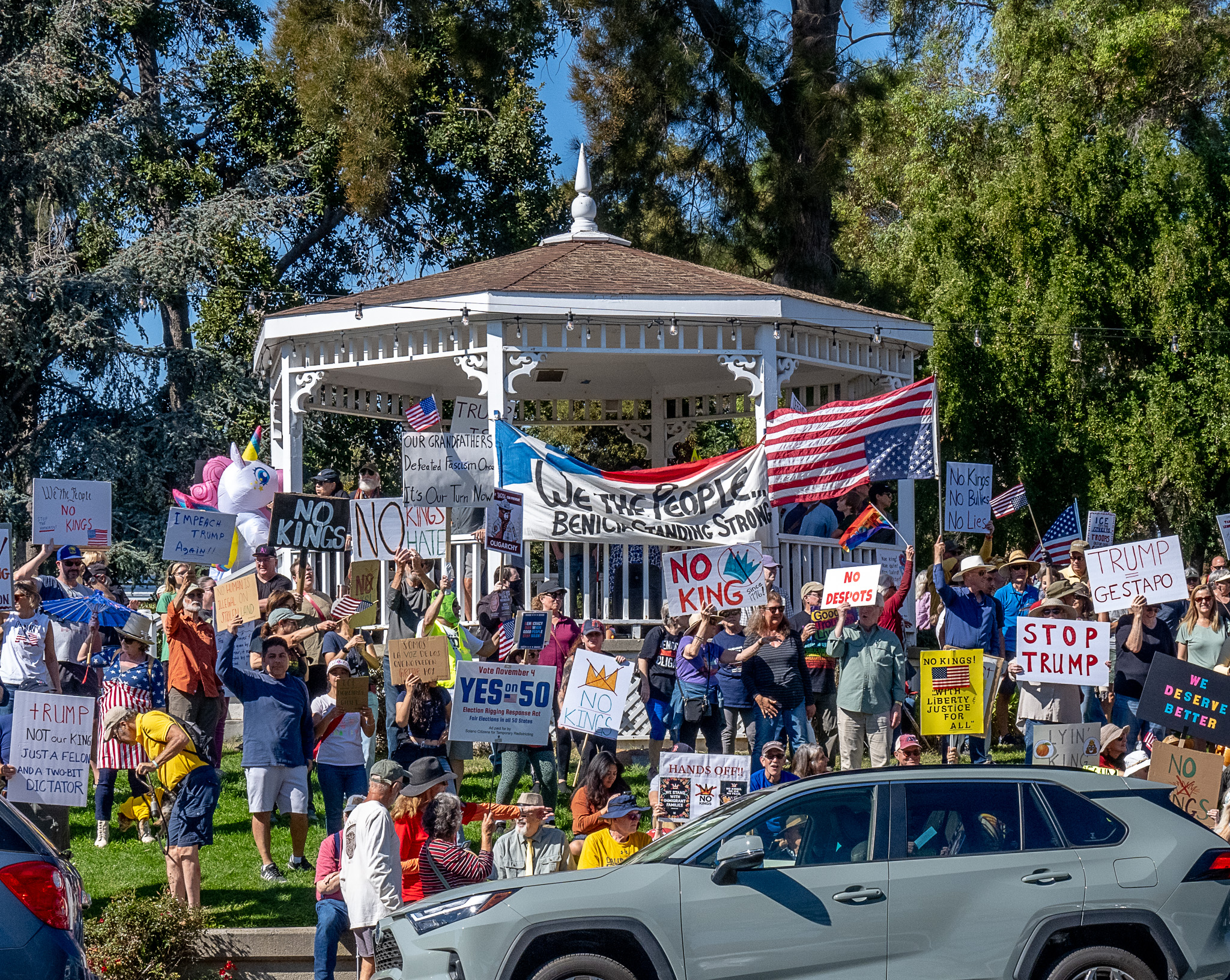

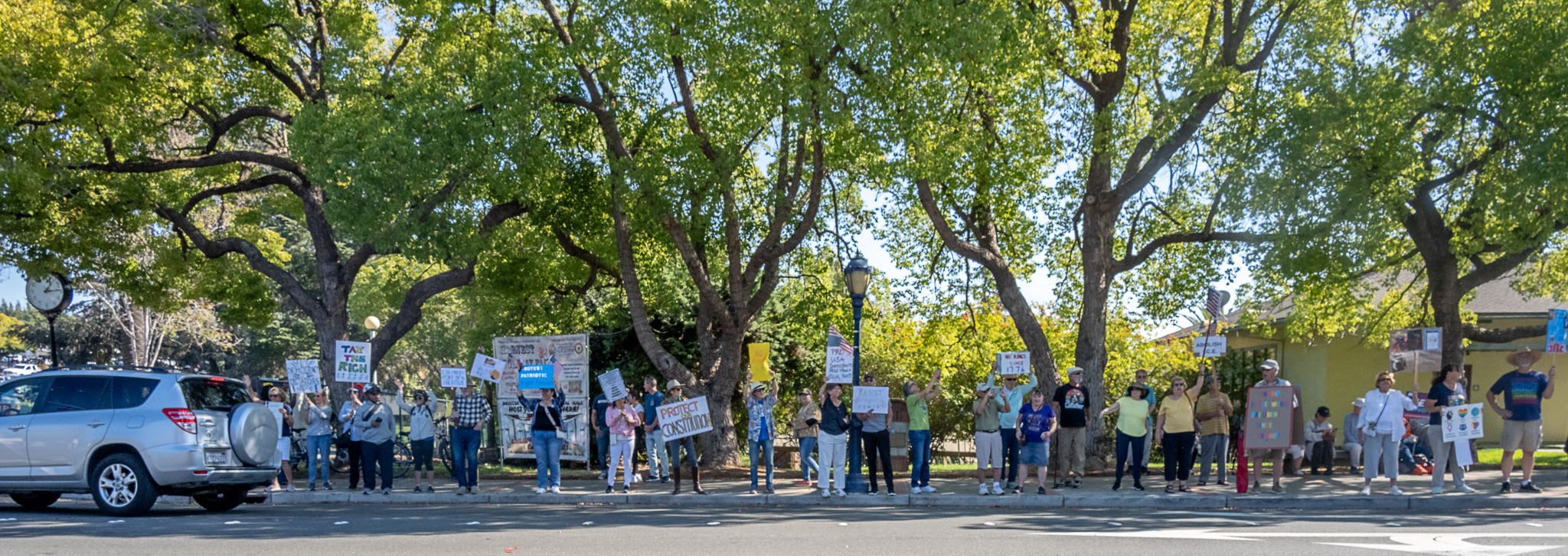
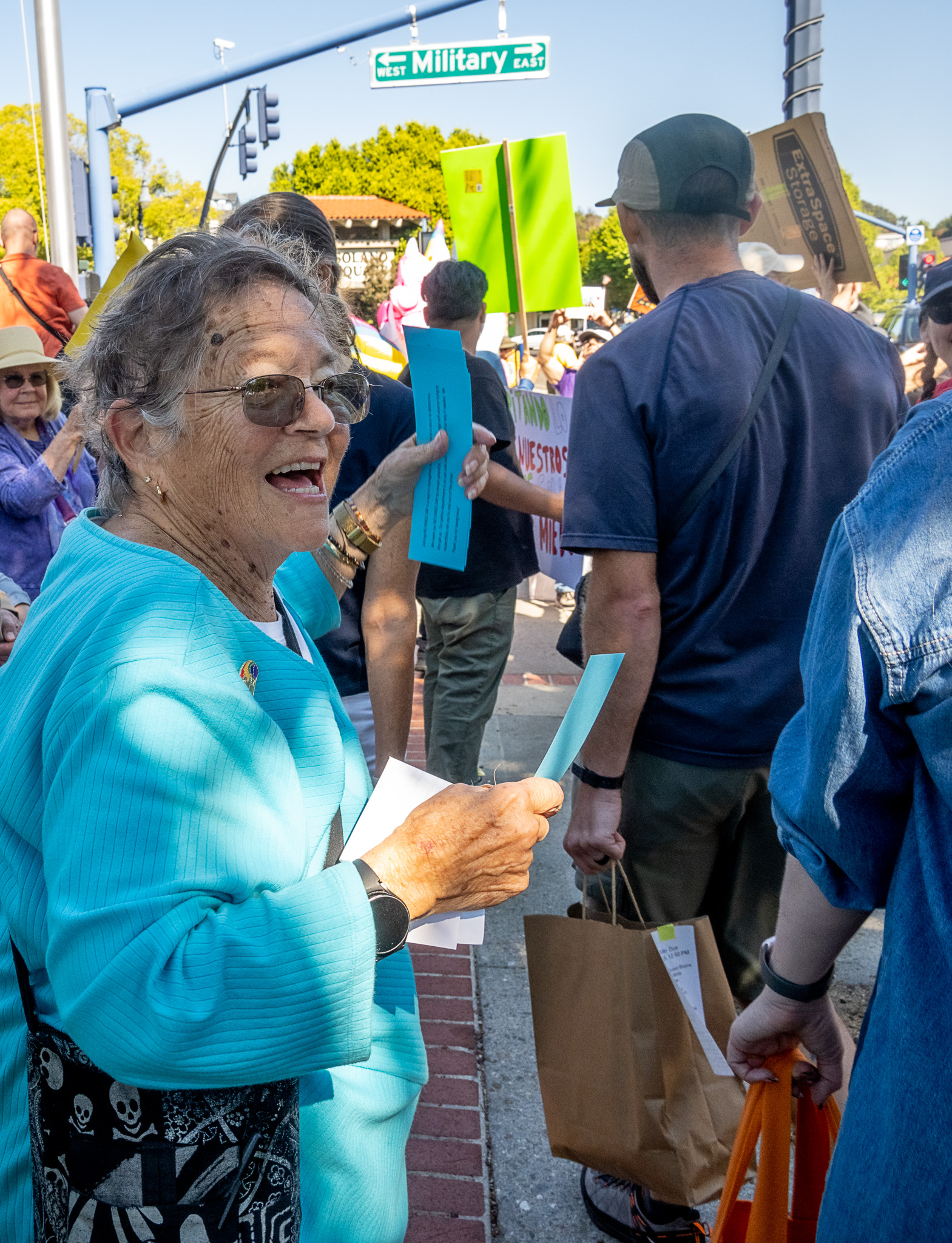
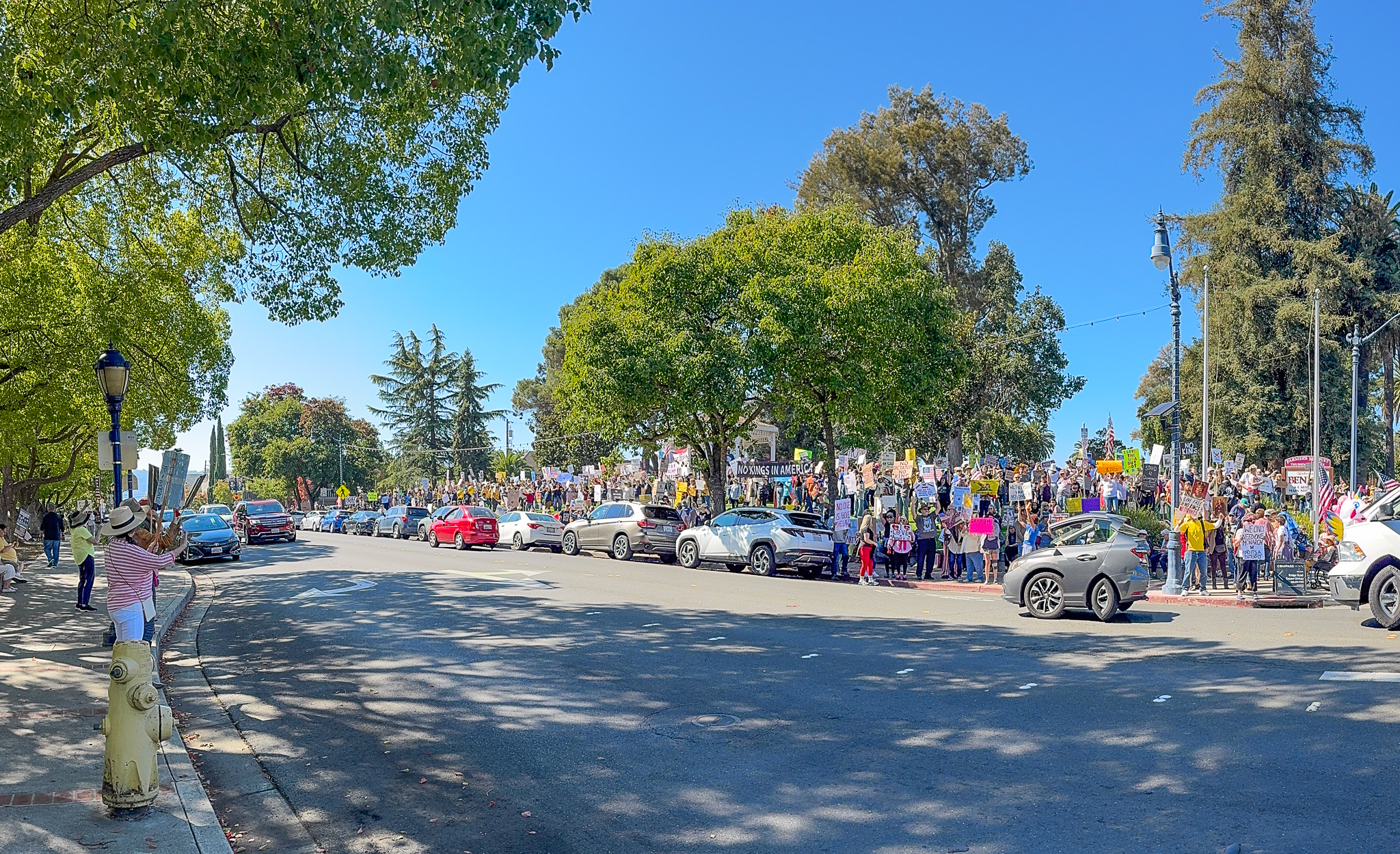

You must be logged in to post a comment.